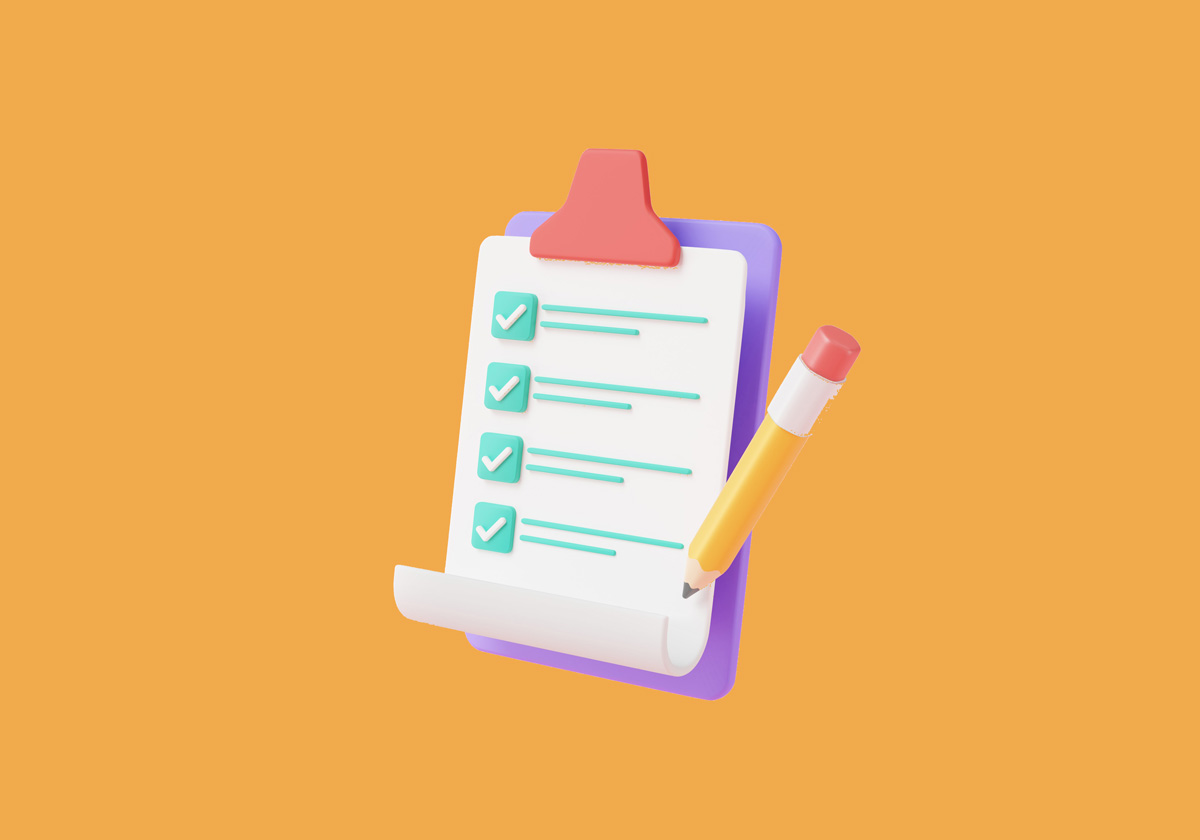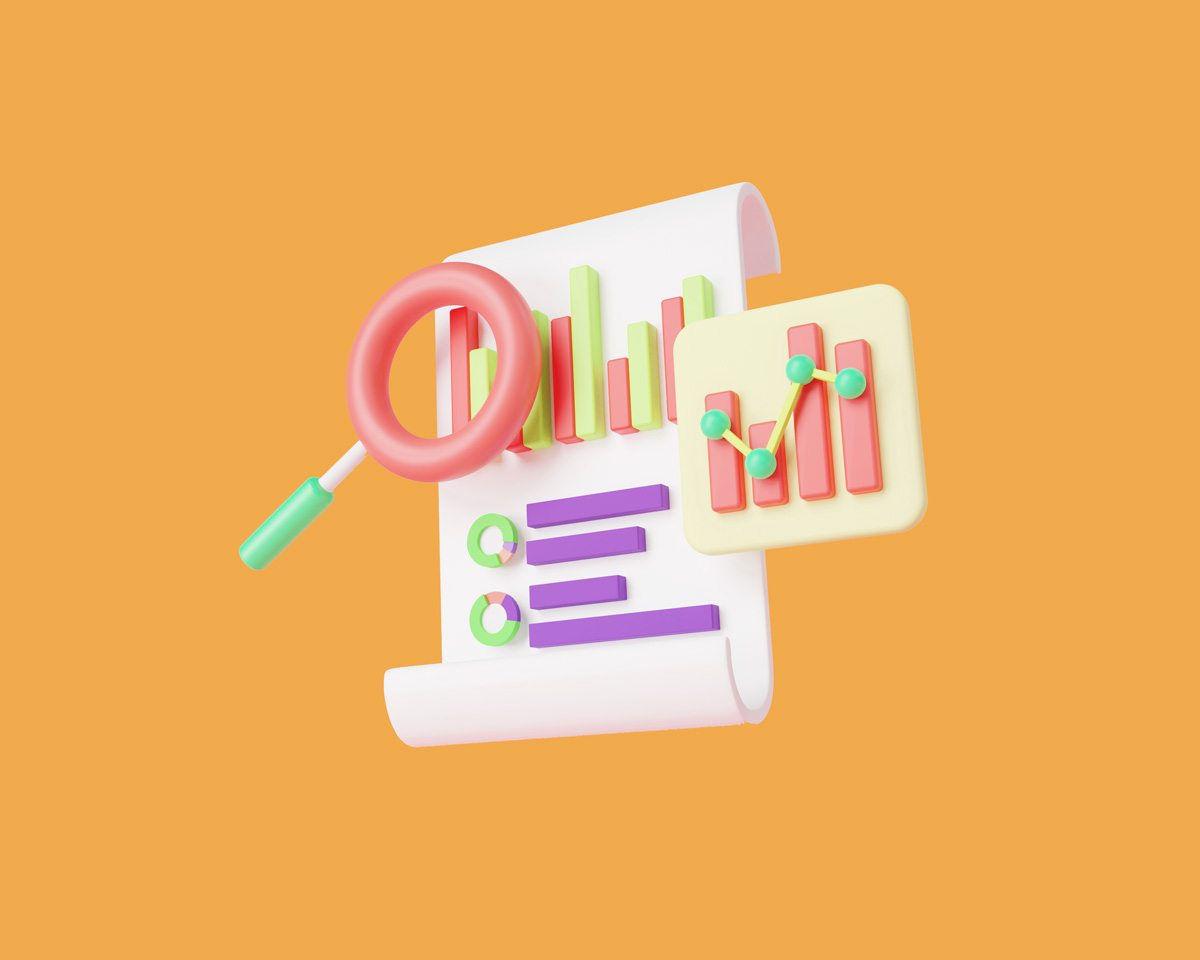Let’s start as all educational and yet informative blogs start – with a definition. After all, what is desk research?
For us, desk research is:
“The identification, analysis and presentation of information which is already available – whether publicly or known only to you and your company.”
Now, back in the old days, before computers and when the internet was all trees, desk research was slow. You had to go to the library, find the right book or journal and ask a librarian if you could borrow it.
Nowadays, that information is much easier to get hold of, with sophisticated search tools and online access to every database under the sun. So you might think that desk research is easy.
While on the one hand, it’s great that there is so much information available, this in itself is also a problem. There is a vast amount of information available, and not all of it will be relevant, trustworthy or useful.
So it’s important to come up with a plan before you dive into the research itself.

Planning Your Research
1. Identify objectives
Find out what you want to know exactly. What kind of level of detail, what kind of information might be helpful to your argument or pitch. Who would like to see your information and why?
2. Deliverables
Determine how you are going to display your findings and in what form.
3. Timetable
Ensure that you project manage the research like any other project and have a process and timeline in place.
4. Define your sources
Start to identify where your information will come from. Could be people, the place or more.

Sources of Information
1. Internal
It’s best to start with internal intelligence. So these are things you already know, from previous research or personal experience. Sift through everything.
2. Google (or other)
Then move for a general google search – trying to use reliable sources. Increasingly we are finding other search engines actually turn up better results than google so it is worth using a few.
3. Experts
From then, you may want to talk to someone who knows about the topic. An expert or someone in the field. Someone from the trade association for example, or a librarian who knows the topic inside out. Or your client themselves.
4. Other experts
Ask your expert or person if they can point you to other experts or even sources in libraries or government or trade bodies.
5. Information
Only then will you be likely to actually hit the library and really research the information as you’ll have a clear idea of what to find where.
6. Media
Afterwards, you may want to look at popular media to add some flesh to the bones and quotes to make your research more accessible.
Now we are going to leave you working away in the library or on the phone for a few hours or days…

…Finished? Good. It’s time for:
Research Analysis
You’ve got your information so now comes probably the most important and often overlooked stages of a desk research project.
We’d give you four tips here:
1. Key themes
State these early and stick to them. They’re the framework from which you hang everything. You should have had most of these from the earlier planning stage.
2. Spot stories
From the start of the project, you should be following leads and threads which you know are going to resonate with your audience.
3. Catalogue
Ensure that you are on top of where you got which piece of information.
4. Reference
And ensure that your readers (and you) can always access the primary source.

Okay, you’ve done that? Well finally, it’s time for you to:
Present Your Findings
The big boss of desk research is the presentation. The two key steps here are:
1. Know your audience
You need to know the target audience. You need to tailor what you deliver to exactly their level. The amount of detail, the technical terminology, even what they want to hear.
Following on from that is knowing what the research is to be used for. If you know this, you can be confident that almost any form of presentation will work from a simple PowerPoint file to a song and dance slide show and performance.
2. See 1.
That’s it, well done, you’ve reached the end of our desk research blog. Of course, there is an even easier way to do desk research. Ask us to do it for you! Get in touch with us at info@perspectusglobal.com
